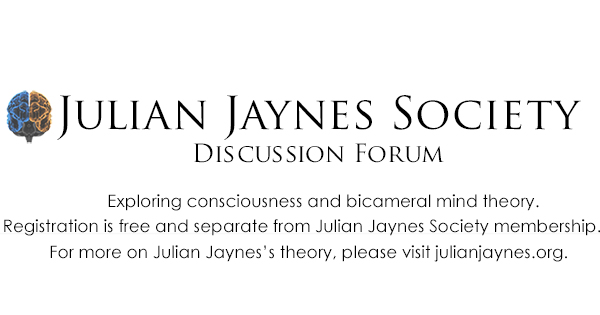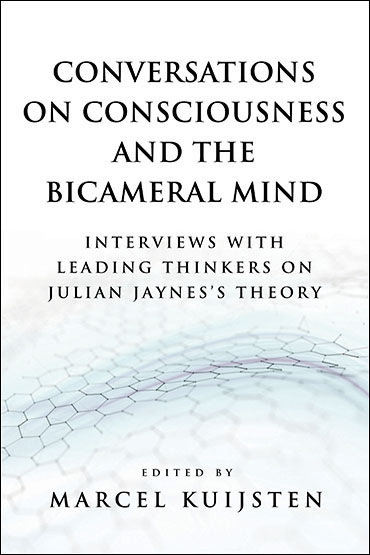A beautiful question: "we may ask which is the more fundamental reality". Bus I think JJ has covered this -- by analogy at least.
Just as any particular description we may give will be metaphoric, so our attempts to describe the nature of experience will be done by metaphor. The Origin of Consciousness, for example, is the metaphier for the metaphrand that is consciousness. This is of course the ultimate extension of JJ's own description of language as metaphor.
Similarly, scientific study can be seen as the metaphier by which we are trying to understand the metaphrand that is the universe and everything in it. Since this world of humans creating these metaphors is in the universe, this process must necessarily continue ad infinitum. So we can't know "the emergent big bang world of time and space".
But if we agree with Jaynes that consciousness (or "the deeper world of the subjective necessity") is made in the most part of language, any attempt (such as Julian's) to describe that process in words will meet with the same fate. Ad infinitum, ad absurdum.
The question then, is not which is better -- for neither are. Only which excites us more, perhaps? But I think a piece such as
The Origin of Consciousness shows that we can be scientific and artistic, that we can explore the same world that will reduce to the big bang and further, and we can explore the world that will reduce to inventions such as 'metaphrand' and 'metaphier', in one long, brilliant breath -- and have fun while we are doing it!
(If I may be so bold!)



